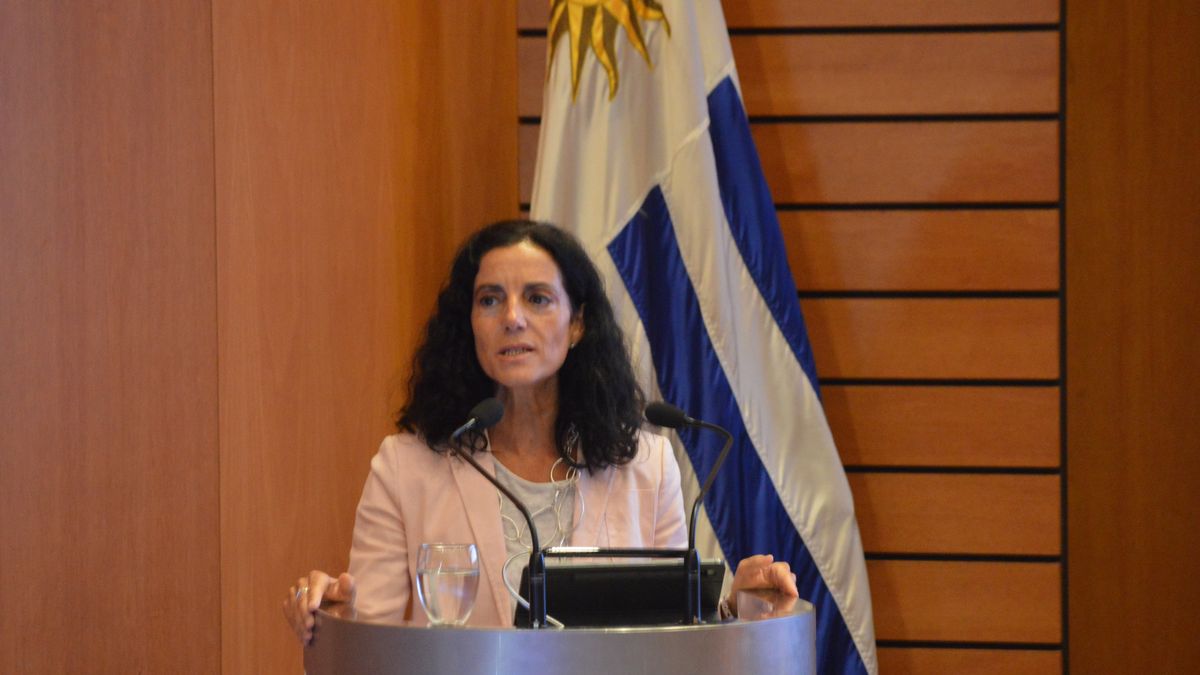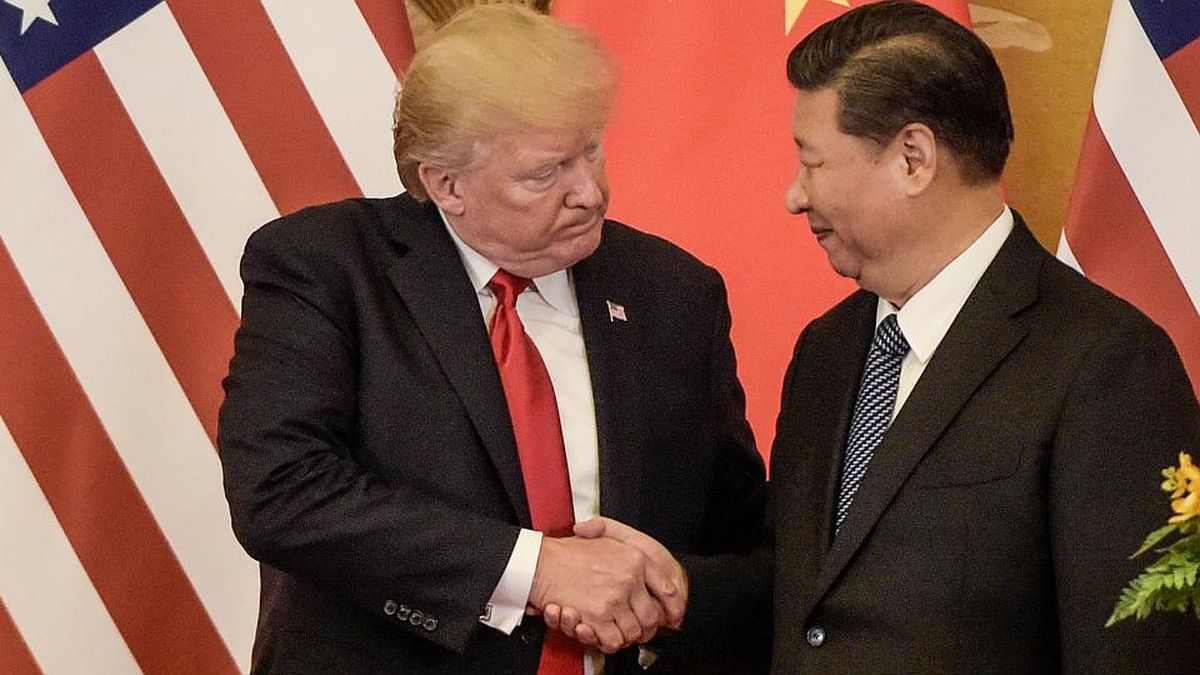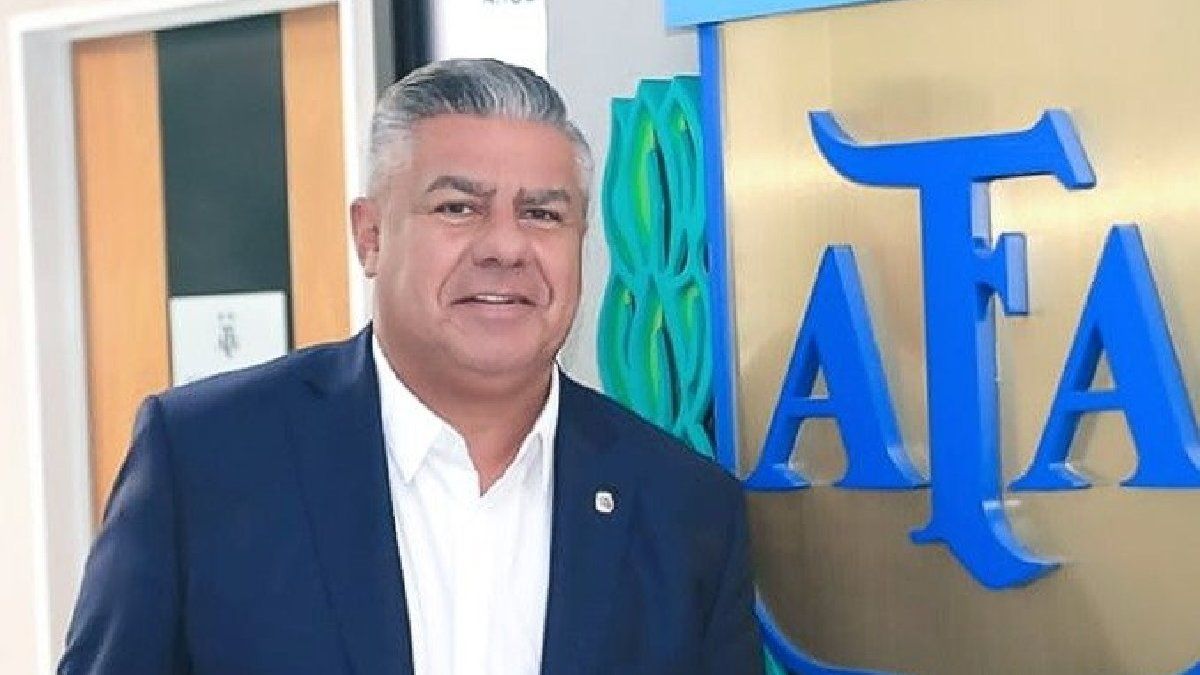The minister of Economy and Finance (MEF) Azucena Arbeleche considered that the presentation made on Wednesday was not based on a “political evaluation”, but on “concrete data” of the economy of Uruguay; responded to the criticism that various economists made in recent days: “there is no obsession with fiscal policy”, he assured. To the broad front Mario Bergara, He accused him of making a functional caricature of the political campaign in the election year.
After the economic accountability that the government usually carries out in February, criticism and questions about the data presented did not take long to arrive. The “overemphasis” in structural issues, the omission of certain indicators important in the current context of the country, and the choice of functional variables that give “an incomplete image of reality” were some of the issues pointed out by various economists, more or less close to the Multicolor Coalition.
In this regard, Minister Arbeleche defended the presentation on Radio Carve, and pointed out that “more than a political emphasis, here what we have is a comparison of data and the behavior that the coalition has had in these four years of government in comparison with what was the previous administration of the Broad Front.
A campaign cartoon
One of those who was most critical of the MEF presentation was the senator and pre-candidate for the Frente Amplio, Mario Bergara. In this regard, and among a long series of issues, he pointed out that Arbeleche “chooses which variables he presents and which he does not and therefore gives an incomplete image of reality”; and that the data presented confirmed the “notorious deterioration of the taxes workout”.
Likewise, he pointed out that the fiscal panorama with which the current government will end will be “very similar to that of 2019, which they said was catastrophic and with eight points more public debt”. He also maintained that the fiscal goals “were changed midway,” something that “is like moving the goal so that the ball goes in,” in relation to compliance with the Fiscal Rule for the fourth consecutive year.
Asked about these statements, the head of the MEF firstly, he considered that “here there is no no obsession with fiscal policy, that may be a personal interpretation of whoever said it. We have always said that economic policy has to be evaluated by the employment creation, and in this period 76,100 jobs were created. “It is not a political evaluation, it is data,” she expressed, and emphasized that “we are not in love with a number fiscally.”
On the other hand, he assured that “the correction of the arch is a simplification, a cartoon that can be useful for those who are in politic campaign, but the rule is very clear and every year the structural fiscal deficit has been established with the corresponding justifications.” “The comment is not valid,” he added.
Finally, and regarding the increase in net debt—which Bergara pointed out in eight points—Arbeleche defended the debt stability after the Covid-19 pandemic.
“Comments are said lightly because people are not going to go look accountability passed. But if one looks at what is happening with the debt today, effective data from this year or past years with respect to what we presented in the national budget, and beyond the base corrections by product, we are below what was projected. If one compares what happened during the administration of the Broad Front, They were continually above the debt projection”he explained.
More than exchange rate delay, competitiveness
When asked about another of the questions that resonated after the presentation, the absence of the topic of exchange delay who experiences Uruguay For more than a year, Arbeleche maintained that the inclusion of elements in the accountability responded to the objective of “information flowing to the public” and based on the points that had been presented in February.
“In terms of real exchange rate you don’t have to just look at the dollar, but competitiveness in general terms, and there are many aspects in which we are working to improve competitiveness,” he said, and gave investment in infrastructure as an example.
“With respect to the exchange rate, the situation we are experiencing is that it is a market where there is a huge amount of dollars and there we did present on Wednesday the levels in dollars of exports of goods and services, which although it is lower than in 2022, in 2023 it is also very high, especially the evolution of the services,” he continued. Along the same lines, he highlighted the more than 5,000 million dollars foreign direct investment (FDI)which also contributed to the consolidation of the exchange market with “large supply of dollars.”
In any case, Arbeleche pointed out that the expression “exchange delay” is a simplification of a measurement that economists carry out with different methodologies. “In Economics we do a much simpler calculation, which takes the average real exchange rate and, for example, in the case of USA, The real exchange rate with the United States today is 15% below what the average value is,” he explained. One would hope that going forward that maladjustment be corrected,” added the head of the MEF.
Source: Ambito




